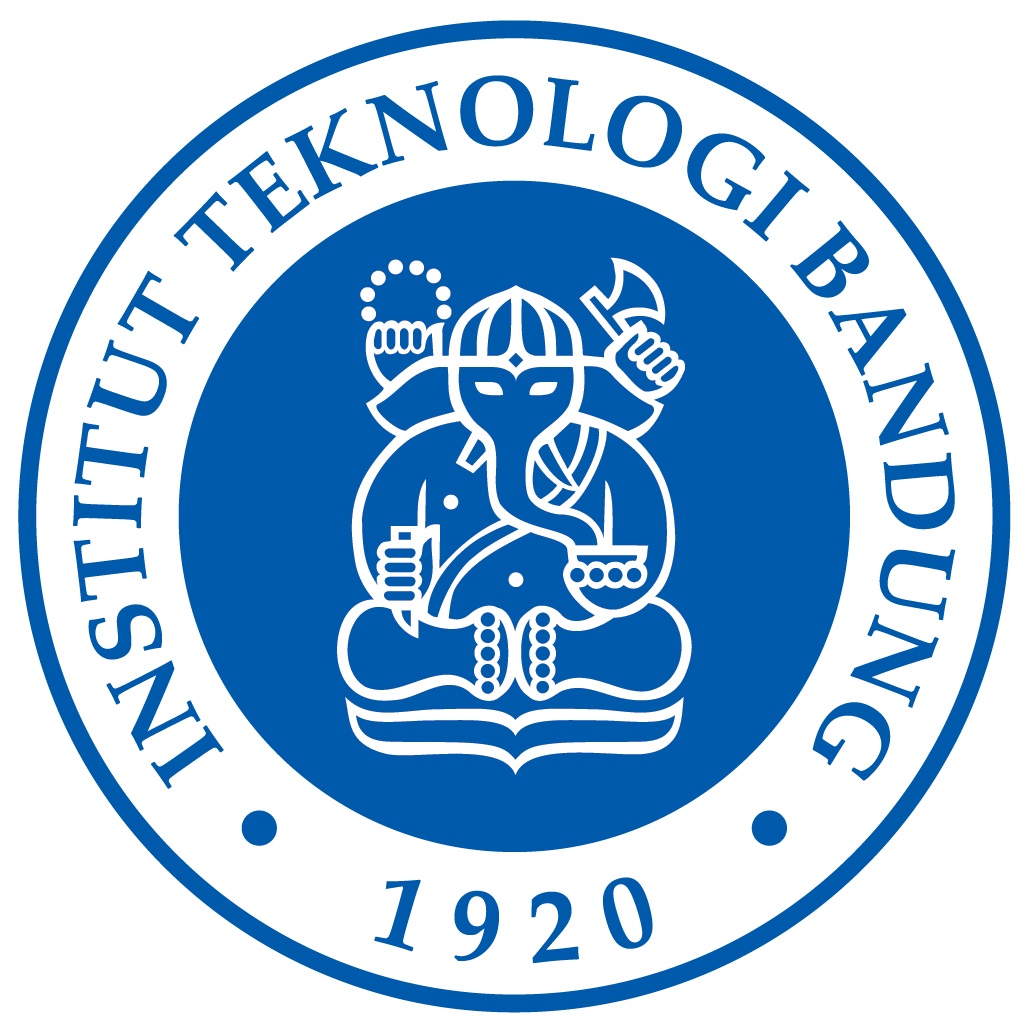

Wawan Gunawan A. Kadir
East Nusa Tenggara (NTT) is one of the provinces in Indonesia that faces serious challenges in providing clean water. Geographical conditions which are dominated by dry land and uneven distribution of rainfall are the main factors causing the shortage of clean water. This has a negative impact on various aspects of people's lives, including health, sanitation and economic productivity. Therefore, an effective and sustainable solution is needed to overcome this problem. Constructing drilled wells is seen as an appropriate alternative because it can provide immediate and long-term access to clean water. Through the construction of drilled wells that are planned and based on community needs, it is hoped that the quality of life of the people in NTT can improve significantly. This article discusses the importance of building drilled wells as a strategic solution to overcome the clean water crisis in NTT, as well as offering implementation recommendations that can support the sustainability of this program.
Increasing Access to Clean Water: Providing an easily accessible source of clean water for people's daily needs. Improve Health: Reduce the risk of water-based diseases and improve sanitation in villages. Increasing Economic Productivity: Supporting agricultural, livestock and other economic activities with the availability of clean water. Empowering Communities: Involving communities in the construction and maintenance of drilled wells for sustainability. Improving Quality of Life: Improving the social and economic welfare of society through access to clean water.
- Clean Water: Provides a stable and easily accessible source of clean water. - Improved Health: Reduces the risk of disease and improves sanitation. - Economic Improvement: Supports agriculture and livestock, increasing productivity. - Sustainable Management: Empowering communities in maintaining drilled wells. - Improving Quality of Life: Improving the social and economic welfare of society.